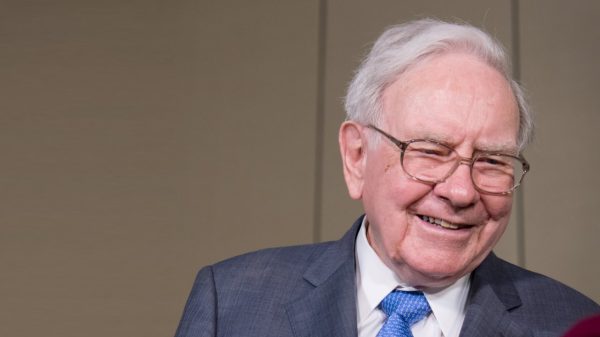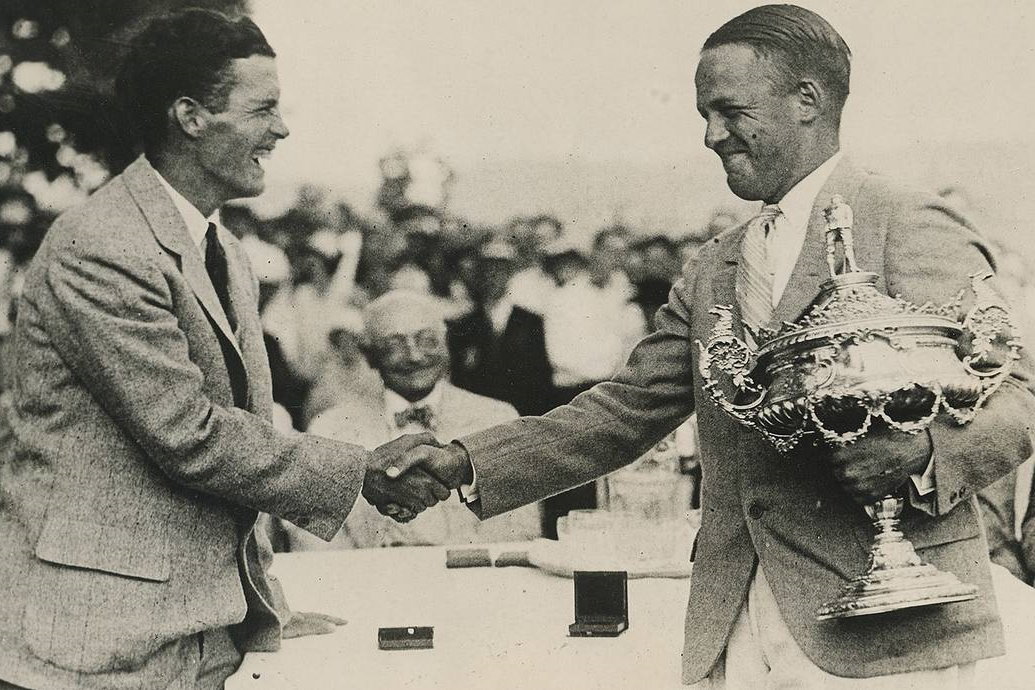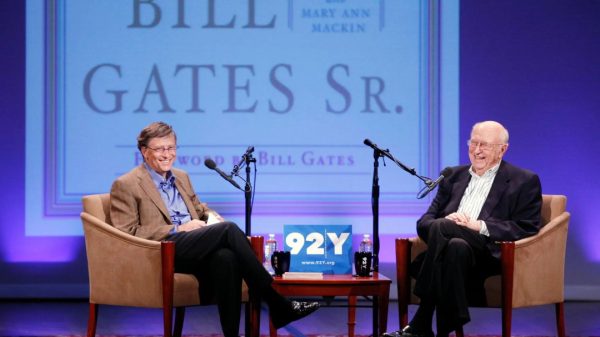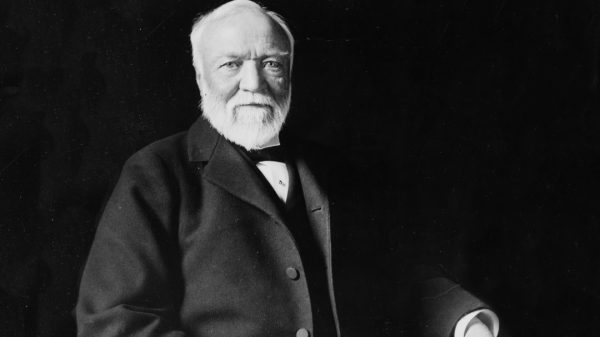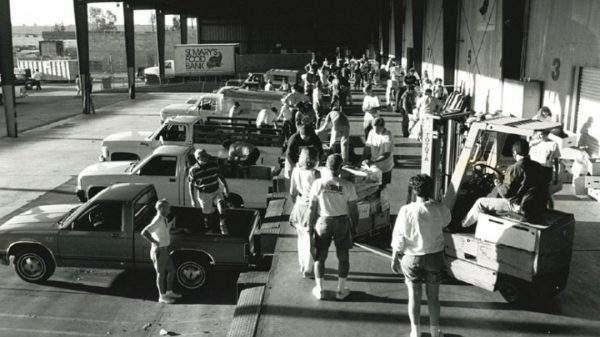This Interesticle article highlights some of the worst decisions of all time.
Kodak sits on the digital camera
There was a period in time when Kodak was the name in personal photography. In fact, Kodak was so successful that at one point they held more than 90% of the action in the United States own film market. Kodak even saturated pop culture with their marvelous branding of the perfect ‘Kodak Moment’. So what went wrong? Well, Kodak helped to develop the first ever digital camera. Yet instead of going public with the tech they decided to sit on it so as not to mess up the monopoly that they had created with their original photography. This decision peaked in 1984 when the L.A. Olympics needed an official film. Kodak passed and a little company named Fuji stepped up to the plate. The rest is pretty much history ta this point as Kodak ended up going bankrupt in 2012. Still, the company is trying to dig themselves out of their hole but it is hard to imagine a bigger flub than that, especially from a company so high in their respective marketplace.
The Mars Company passes up on ‘E.T.’ film endorsement
Candy is pretty much as big a staple to the movie theater experience as popcorn is. Back in 1981 a little known film was set to release, via Amblin Productions, by the name of ‘E.T.’. Yeah, the Steven Spielberg classic that went on to become the most beloved film in the history of cinema. That one. Amblin Productions tried to talk the Mars Company into letting ‘E.T.’ feature M&Ms in the film. The Mars Company shook their head and said no. Nobody knows why. Hershey stepped up to the plate and let their Reeses Pieces product get featured instead. Immediately following the release of the film Hershey saw a 65% spike in sales. Those who were smart latched on to the company, though many people undoubtedly missed out due to the lack of online investing at the time. Obviously M&Ms haven’t gone anywhere, but the added boost of sales could have been huge for the company.
Edwin Drake doesn’t patent his oil drill
Edwin Drake may not be a name in everyone’s history book, but there was a period of time back in 1858 when he might have been on the verge of becoming one of the wealthiest men in America. Stationed out in Pennsylvania, Drake wanted to find a way to get to the oil that was so close yet so far away. Partnering with a blacksmith from the area, Drake and the man helped to build a drill. The two worked on the design for weeks until they finally found their way to that black, beautiful gold. Despite his success with the drill Drake was fired and before long penniless after losing his money on Wall Street. If Drake had an online broker at the time, he would have been able to make a killing with is product. Yet that didn’t happen. Failing to secure the patent on his drill has cost him, and his family after, untold millions of dollars. Truly one of the biggest ‘what if’s’ in business history.
Ross Perot passes on Microsoft
Ross Perot has a long storied history of successes at just about every level of his life. From his work founding the Electronic Data Systems company in 1962 all the way to his Presidential bid in the early ’90s, Perot has been something of a force wherever he goes. Mr. Perot currently has a net worth of almost $4 billion dollars, so it is hard to really point out any of his failures without having his own success looming in our faces. Still, back in 1979 Perot had a chance to buy Microsoft before it was something big. EDS was worth $1 billion at the time and looking to invest in a small PC company. Perot played hard ball with the then young Bill Gates and under offered. Gates refused to sell his hard work without getting everything he wanted and the two never came to an agreement. Perot calls it the “biggest business mistake” that he has ever made.
Excite says ‘no thanks’ to purchasing Google
Back in 1999 the internet was a very different place. Google was just the name of a company trying to gain traction and Excite was the most used search engine on the planet. In fact, Excite was at the core of the big dot-com boom that made so many people so wealthy, before taking it all back. Larry Page and Sergey Brin, both founders of Google, saw how popular Excite was during those wild times and they attempted to get in on the action. The co-founders tried to sell their engine to Excite for a cool $1 million dollars. After negotiating Google lowered their number to $750,000. Excite still refused and Google walked away. Now Google is a huge company that has almost branded the internet after itself. Nobody looks for ‘search engines’ anymore. They look for Google. The company is worth over $180 billion dollars today and Excite was bought out by AskJeeves a few years after failing to negotiate a deal with Google. Such is life on the internet.
Western Union declines purchase of the telephone
Western Union existed as a statue of industry back in the late 1800’s thanks to their communications monopoly with the telegraph. Similar to Kodak listed above, Western Union did one thing really well and they closed their eyes to other possible ventures. So when Gardiner Green Hubbard approach Western Union’s president, William Orton, holding the patent to the telephone things got interesting. Hubbard wanted to sell the patent for $100,000 at the time. Orton instead stuck to his firm belief in the telegraph and turned down the patent. To add insult to injury Orton reportedly claimed that the telephone was essentially an ‘electric toy’ and that it had ‘no commercial possibilities. A little company by the name of AT&T stepped up to the plate instead.
Decca Records passes on The Beatles
In their defense, how could Decca Records know that The Beatles were about to go on to become one of the greatest music groups in the history of, well, everything? This happened before The Beatles were famous and they were trying to make their name with some sort of record label. The group got a chance to audition for Decca Records and all they got was another rejection added to their lists. An exec for Decca told the band that the era of ‘boys strumming the guitar’ was at an end and that The Beatles were not going to be financially viable for anyone. Well, the exec was wrong on both parts. The Beatles went on to sell over 2 billion records before landing themselves in the Music Hall of Fame. Not bad for a dead era, right Decca?
NBC says ‘no thanks’ to Monday Night Football
There are few things as popular and financially consistent as the National Football in America. Though baseball may be America’s past time, for four or five months of the year the NFL is the country’s religion. The cornerstone broadcast of the NFL has always been Monday Night Football. It is a shame that NBC didn’t know of it ahead of time. After the NFL and AFL merged together, Pete Rozelle (then NFL commissioner) wanted to get a weekly prime time game set in stone. CBS and NBC were the first places he came to in order to strike a deal, but both networks passed up on the program. According to reports, CBS and NBC didn’t want to move around their ‘big programs’ in Doris Day Show and Laugh In. ABC ended up picking up program and has since become one of the longest running, most successful broadcasts in TV history.
Blockbuster doesn’t want Netflix
Believe it or not, but at one time Blockbuster was the Netflix of its day. If you were into stock investing back when Blockbuster first blew up, you would have made a killing on them. In the year 2000 Reed Hastings, co-founder of Netflix, came to Blockbuster to try and make a deal. Hastings wanted to get Netflix advertised in their stores and in exchange they would help get Blockbuster an online brand. Blockbuster passed on the offer and they have since gone out of business, filing for Chapter 11 bankruptcy back in 2010. Netflix is now the main source of media consumption for most people and they could have belonged to Blockbuster. If that deal went as planned, who knows what could have happened? We certainly don’t, but either way Blockbuster has left us entirely.
20th Century Fox gives George Lucas all merchandising rights
As hard as it is to imagine, Star Wars wasn’t always destined to be a slam dunk hit at the box office. Lucas used any uncertainty that may have existed in order to get his film made while making himself a ton of money. Lucas convinced 20th Century Fox to give up all merchandising rights in exchange for $20,000. The billions of dollars that Lucas has earned as a result are hard to fathom.



